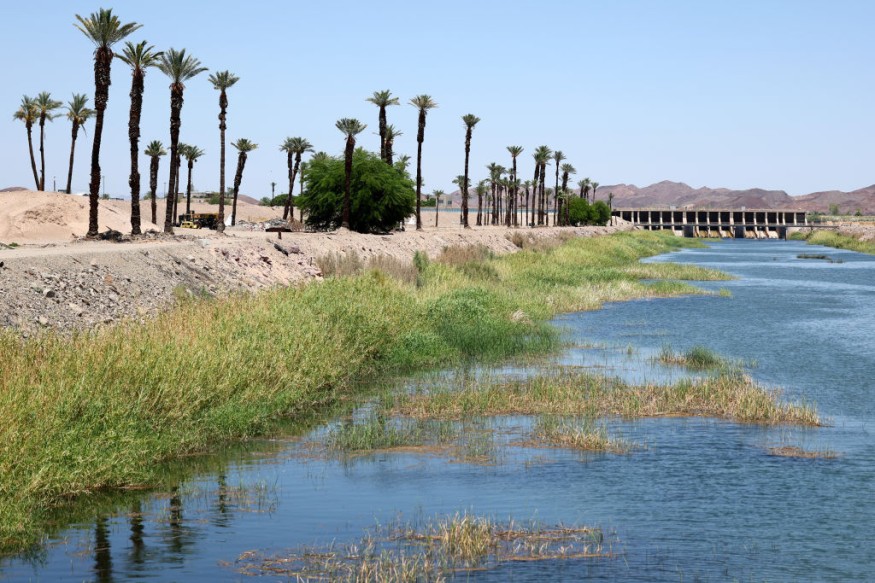Researchers discovered that warming temperatures could lead to a significant rise in heavy metal levels, such as zinc, sulfate, and copper. The increase in metals can have a toxic impact on ecosystems and water quality.
In recent Nature World News (NWN) reports, temperature fluctuations have devastating impacts on the human population and animals. The increasing greenhouse gas emissions have contributed to climate change, which could unleash extreme weather events.
Understanding the warming temperature effects is crucial to protecting rivers and streams from decline due to their crucial role in biodiversity, ecosystems, and water security.
As a result, researchers studied how the Colorado mountain streams were being affected by the warming event. The research findings were published in Water Resources Research, studying the increasing stream metal concentrations.
Increasing Warming Temperature Importance

The study discovered stream metal concentrations and regional trends in a small number of mountain watersheds, warning of potential impacts on ecosystem health and water quality. The decline in streamflows can be impactful, causing an increase in concentrations. When the metals are released, they will move into streams.
The report highlights the acid rock drainage impacts and potential toxicity of heavy metals in Colorado's mountain streams. Additionally, climate change was attributed to the increase in metals due to exposure to preciously ice-sealed rocks.
"Heavy metals are a real challenge for ecosystems. Some are quite toxic. We are seeing regional, statistically significant trends in copper and zinc, two key metals that are commonly a problem in Colorado. It's not ambiguous, and it's not small," Geologist Andrew Manning, the study's lead author and from the U.S. Geological Survey in Denver, as quoted in a report.
In the findings, the researchers conducted sampling over 40 years from the 22 headwater streams (with 3,000 meters of elevation). The study found that the region did not show any signs of remediation activities or mining, meaning rising temperatures could be the main culprit.
The accelerated sulfide weathering and melting of rock glaciers are linked to climate change. The study findings can help researchers and policymakers find ways to address the emergence of heavy metals in streams.
Increasing Heat Stress Impacts on Octopuses
In another report, researchers raised concerns about the impacts of heat stress on the population of octopuses, which can suffer from impaired vision and death. The octopus can find it challenging to survive.
The octopuses, particularly the young ones, and their mother are more vulnerable to rising temperatures. Additionally, temperature fluctuations could threaten the survival of eggs, particularly if they are exposed to harsh environments.
While the octopuses can adapt to changing ocean conditions, the rapid increase in global temperatures can be overwhelming for the animal to survive.
Related Article : Warmer Deep Ocean Currents Threaten Collapse of Antarctic Ice Shelves
For more similar stories, don't forget to follow Nature World News.
© 2025 NatureWorldNews.com All rights reserved. Do not reproduce without permission.





